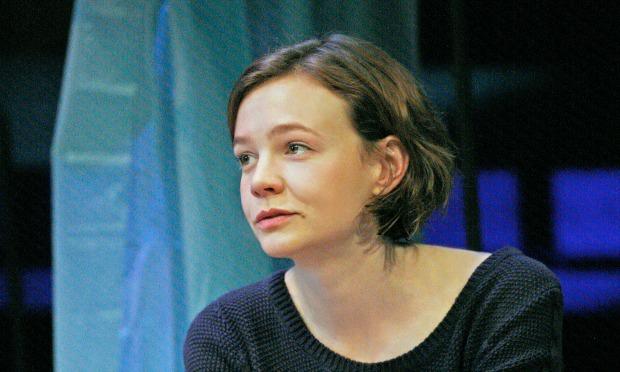Carey Mulligan Is No Ingénue, She Just Plays Them
The British actress Carey Mulligan specializes in playing women who, like her, look every bit the ingnue — sweet and wholesome — but who are much more complex beneath the surface.
At 25, Mulligan was nominated for an Oscar for her role as a high school student seduced and conned by an older man in An Education. Then she beat out pretty much every young A-list actress in Hollywood for the role of Daisy Buchanan opposite Leonardo DiCaprio in The Great Gatsby. And she’s currently up for a Tony Award for her role in David Hare’s play Skylight on Broadway.
She also stars in the new film adaptation of Thomas Hardy’s Far from the Madding Crowd. Mulligan plays one of the great proto-feminist characters of 19th century literature, Bathsheba Everdene, a young woman who inherits a farm and finds herself torn between three lovers. In the film’s early moments, Bathsheba rejects a marriage proposal, a scandalous move at the time. “It was so anti all the classics that I grew up with,” Mulligan tells Kurt Andersen. And it’s what made her take the part, breaking her own rule of turning down roles in Victorian classics in an effort to avoid getting pigeonholed like so many British actresses.
But even though there haven’t been many bonnets for Mulligan since Pride & Prejudiceat the very start of her career, many of her greatest roles have been in period films, like An Education, Inside Llewyn Davis, and The Great Gatsby. And later this year Mulligan will star opposite Meryl Streep in Suffragette, a film about the women’s rights movement set in England in 1912. It’s not that the actress has a personal penchant for period flicks. “It hasn’t been a conscious thing at all,” she explains. “I’ve never really had a plan. I’ve just wanted to do the things that I liked —just as long as the character is interesting.” But, nevertheless, her agent recently gave her some advice, “I think a blue jeans drama for you next.”
We want to hear your feedback so we can keep improving our website, theworld.org. Please fill out this quick survey and let us know your thoughts (your answers will be anonymous). Thanks for your time!
